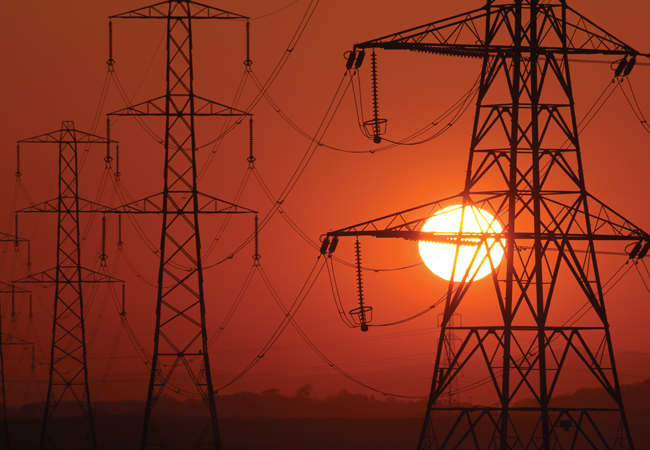
A recalculation of the carbon content of electricity will lead to dramatic changes for heating systems installed in new projects, visitors at last month’s Ecobuild were told.
Proposed changes to the SAP methodology includes a shift downwards of the carbon factor from 0.519 to 0.398 kg/CO2/kWh – close to a 20% drop. This comes after the use of coal also fell by 52% in 2016.
Last year, renewable energy sources generated more power than coal for 90% of the time, and wind farms produced more electricity than coal on more than 75% of days. The UK also experienced its first 24-hour period without coal being used to create power since the Industrial Revolution. As a result, the carbon content of our electricity is dropping, which will create a ‘big shift in the way the performance of heating technologies is calculated’, according to Matthew Turner of Aecom.
He told an Ecobuild seminar, supported by CIBSE, that a ‘massive change’ was coming, with electric systems likely to increase their share of the heating market. However, a simultaneous surge in the use of electric vehicles could put ‘significant pressure on local infrastructure’ and drive up the cost of electricity.
There will, therefore, be strong incentives to improve design and technology choices to enable ‘more effective use of electricity’. This will also incentivise on-site generation and storage of electricity, he added.
Turner pointed out the new carbon factors could be a disincentive for gas CHP and boost the use of heat pumps in heat networks.




